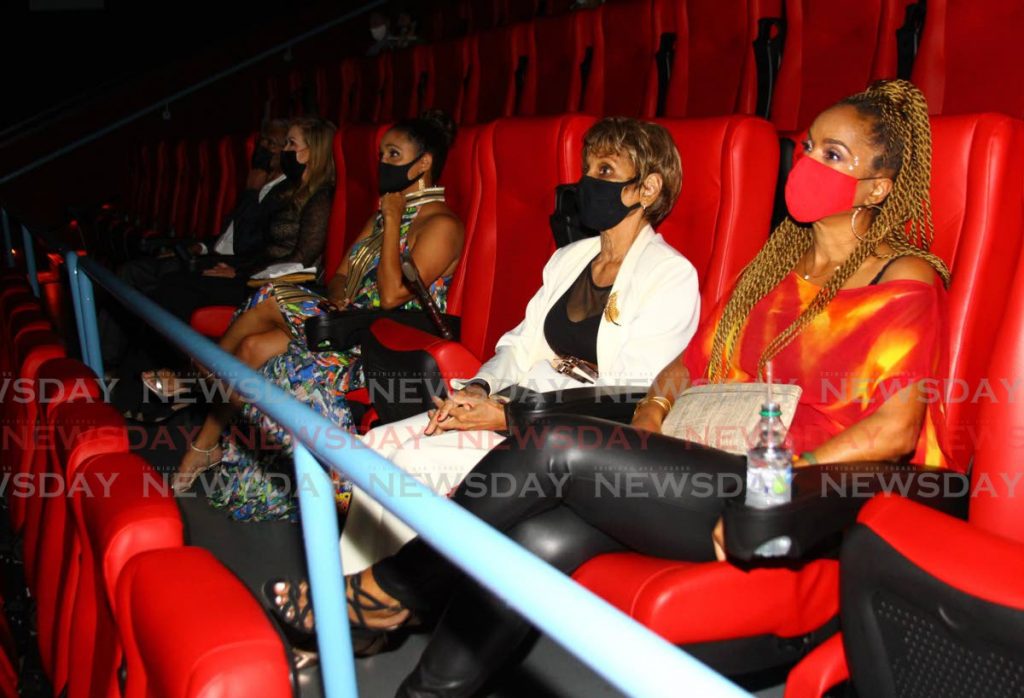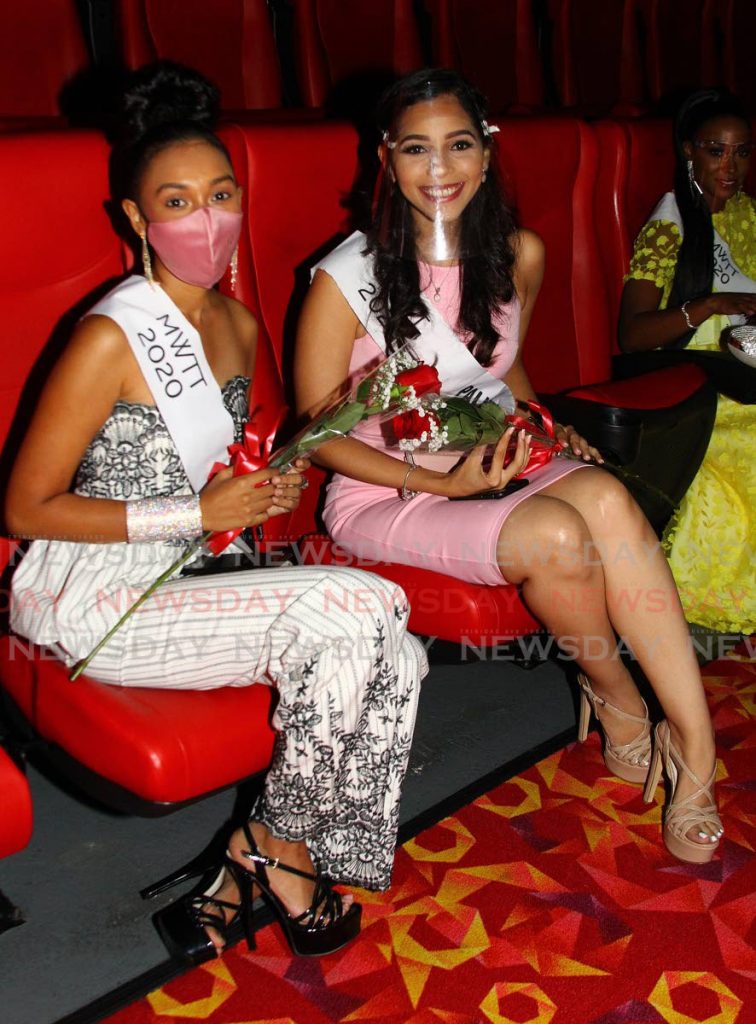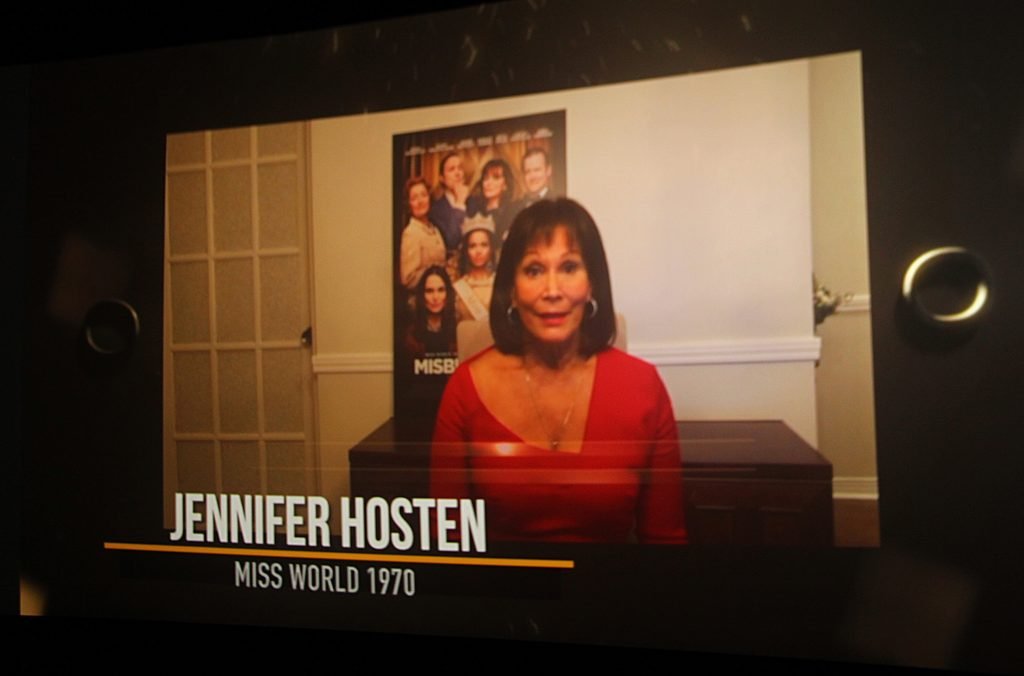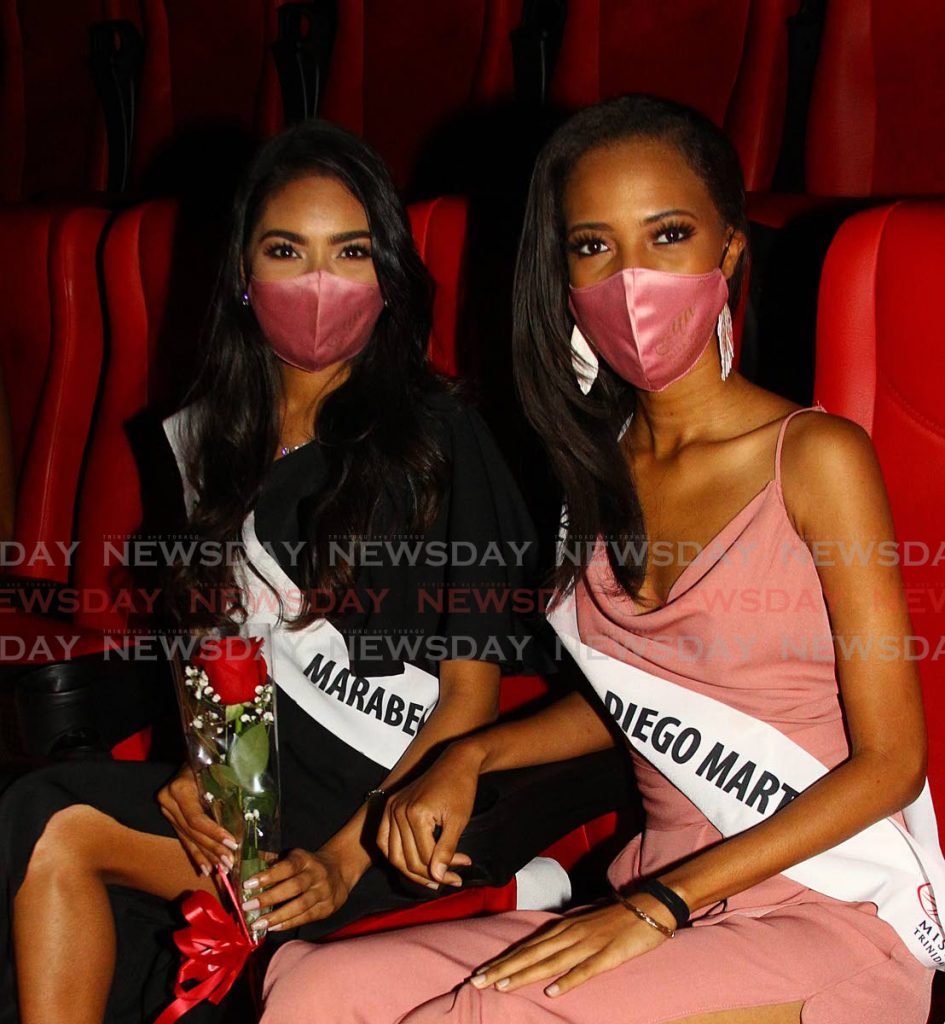Misbehaviour: a movie about pageants, patriarchy, power

THE 2020 film Misbehaviour reminds viewers of a time and environment defined by less equality for women in society and the world of work – fuelling the emergence of what was then called the women's liberation movement.
It's about the Miss World 1970 competition, which was particularly controversial because of protests against the show by the movement, which was revived in the 1960s.
It organised one protest in the London auditorium where the show was being held for live broadcast. Women stood shouting that the contest was like a cattle show and was demeaning. Some protesters stormed the stage causing host Bob Hope, played by Greg Kinnear, to leave the stage.
At the time Miss World was the most-watched show on TV – with over 100 million viewers worldwide.
The rest of the film shows how the protesters survived imprisonment – one of the challenges in the fight for women's rights. It also highlighted the challenges faced by women of different backgrounds: the winner, Grenada's Jennifer Hosten, a woman of colour, said she looked forward to having rights considered entitlements by the white objectors.

The theme of inequality among women based on race was also highlighted in the case of Miss South Africa, who was Caucasian, and Miss Africa South, who was black. While Miss South Africa was at liberty to express herself, Miss Africa South was told not to speak with the media and threatened with not being allowed back into her homeland if she did – in those days the system of apartheid was still an institution in South Africa.
While it raises the question of how much progress has been made since the 1970s, in which the film was set, some may argue evidence of change is most potently displayed by the first female US vice president-elect Kamala Harris. Harris joins a league of women leaders across the globe including former prime minister of the UK Margaret Thatcher, Chancellor of Germany Angela Merkel, former US Secretary of State Hillary Clinton and Prime Minister of New Zealand Jacinda Ardern.
Much like conversations surrounding the outcome of the election, the film highlights gender, race and power. Crucial themes in it surround the world of beauty contests, their evolution (if any) and how the concept has fitted into the economic and social system of patriarchy.
Misbehaviour premiered in TT on November 25 at MovieTowne, Invaders Bay, Port of Spain. Among those present were Miss Universe 1977 Janelle "Penny" Commissiong, Miss World 1986 Giselle Laronde-West and several contestants vying for the title of Miss World TT 2020/2021. The premiere was hosted by the TT Miss World organising committee.
In a video message shown at last week's screening, Hosten said, "I wish I could be with you tonight, but unfortunately it's just too difficult in the current circumstances.
"Fifty years ago I represented Grenada at the Miss World competition in London, England. I was the first woman of colour to win Miss World. The movie...is a true story. It's historic, entertaining and thought-provoking. I am particularly proud of my portrayal by the wonderful actress Gugu Mbatha-Raw."

Mbatha-Raw plays Hosten in the film, while historian and feminist Sally Alexander is played by Pirates of the Caribbean's Keira Knightley.
Asked if she thinks the competition's message limits how the idea of what it should mean to be a woman, Commissiong said, "I think it is up to the woman who enters the competition. From my experience, a lot who enter the competition do it with a specific purpose: most times it is to further a career. So I think it is really up to the individual as opposed to the organisation."

Miss Diego Martin Chanda La Touche said, "It was interesting to see what happened in that time and the early stages of the liberation movement. Being a Caribbean woman, I was proud to see Jennifer Hosten's depiction."
Asked how much progress she presumes has been made based on what she had heard and read about the 1970s, when beauty pageants were likened to cattle auctions, she said, "We have made huge strides since 1970. Women now have many platforms for representation, we are taking up space now. We now have women in positions of leadership."
La Touche said people need to see beyond the aspect of the competition which focuses on physical beauty. "Miss World gives us the platform to speak on behalf of those who don't have the platform to speak."
"Generally we would have seen progress besides the pageant," Laronde-West said. Outside the pageant, we saw women progress throughout the years – definitely, from 1970 to my time in 1986.
"But, having said that, soon after my crowning I went back to London to judge and there was a lot of dispute and demonstrations happening at the competition again. People were outside protesting and throwing eggs."
This, she said, was because women, generally still felt like there was not enough change taking place.
"But women have now broken so many glass ceilings. So it has been a struggle, but women have been making progress, though society still has some way to go.
"I hope by the time my sons have their daughters, women will be equal. Right now there is a faux-equality that still needs shattering."


Comments
"Misbehaviour: a movie about pageants, patriarchy, power"